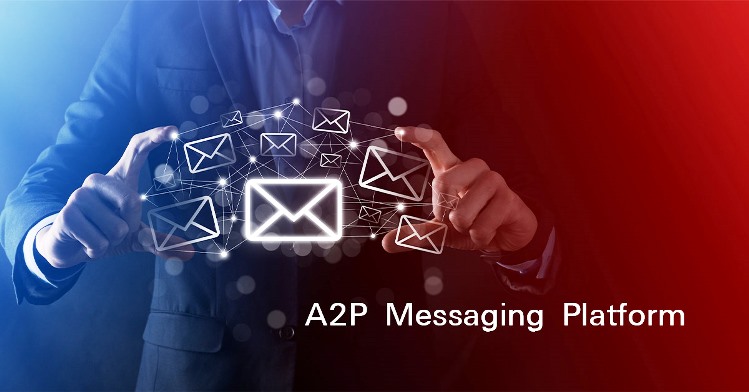By Osasome, C.O
The Nigerian Communications Commission (NCC) has unveiled plans to introduce licensing for Application-to-Person (A2P) messaging, a move aimed at enhancing communication channels in the telecom sector while addressing critical challenges such as revenue leakage and security threats.
RELATED: RCS adoption will drive Mobile Business Messaging market to $78B by 2027
Dr. Aminu Maida, Executive Vice Chairman/CEO of the NCC, announced this initiative during a recently held Virtual Stakeholders’ Forum. The forum forms part of the Commission’s participatory rule-making process to finalize the Draft A2P Licensing Framework, a significant addition to Nigeria’s telecom regulatory landscape.
Understanding A2P Messaging
A2P messaging allows businesses to send SMS notifications or alerts directly from an application to a recipient’s mobile phone through cellular networks. Common uses include:
- Marketing campaigns.
- Transactional messages (e.g., banking alerts).
- Notifications and reminders.
Unlike person-to-person SMS, A2P messaging is initiated via the Internet but delivered through mobile networks.
Current Challenges in Nigeria’s A2P Messaging Ecosystem
The unregulated state of international A2P messaging in Nigeria has led to:
- Revenue leakages: Payments for A2P services often bypass local systems and are untaxed.
- Security risks: Increased spam, fraud, and illegal activities.
- Market disparities: Inconsistent termination rates due to a lack of standardization.
Justification for Licensing A2P Messaging
Dr. Maida outlined several benefits of introducing an A2P licensing framework, including:
- Regulatory oversight: Establishing control over the A2P messaging ecosystem.
- Standardized tariffs: Ensuring fair pricing and competitive practices.
- Enhanced security: Mitigating risks of spam and fraud.
- Revenue generation: Boosting local revenue through taxes and levies.
- Market stability: Providing consistent oversight and transparency.
Key Licensing Objectives and Features
The proposed licensing framework is designed to:
- Centralize international A2P message routing.
- Ensure compliance with a unified platform.
- Protect user data through stringent security protocols.
- Promote fair competition in the market.
Key features of the license:
- License fee: ₦10 million.
- Tenure: Renewable every five years.
- Market model: Driven by fair competition practices.
Eligibility Criteria for Applicants
Companies interested in obtaining the A2P license must meet the following requirements:
- Be a registered corporate entity in Nigeria.
- Have a Contract Agreement with a host network operator or national carrier.
- Provide proof of financial capacity for capital and operational expenditures (CAPEX/OPEX).
Technical and Security Requirements
To qualify, applicants must demonstrate:
- Integration capacity with local Mobile Network Operators (MNOs).
- Systems to route A2P messages through a centralized SMS firewall.
- Advanced capabilities for fraud detection, encryption, and data protection.
Security protocols must include:
- Data protection compliance.
- Spam and fraud filtering mechanisms.
- Encryption standards to safeguard message content and user information.
Strategic Importance of the Initiative
The NCC’s move to regulate A2P messaging aligns with its commitment to creating a secure, transparent, and economically beneficial telecom ecosystem in Nigeria. By addressing revenue leakages and security vulnerabilities, the initiative will:
- Strengthen Nigeria’s digital economy.
- Improve trust among businesses and consumers.
- Enhance the country’s appeal to global telecom investors.































